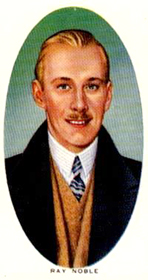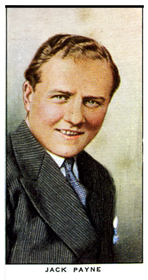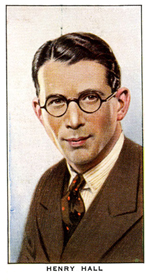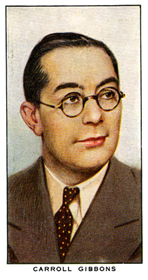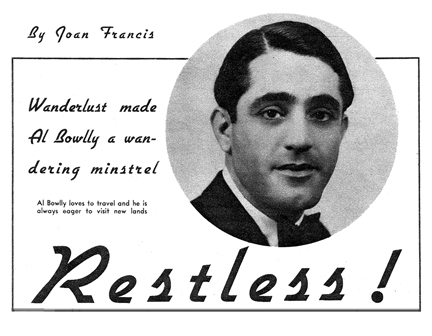Here are 10 things you should know about Al Bowlly, born 126 years ago today. One of the first of the crooners, he left a lasting legacy, despite having his life and career cut short.
We’re featuring Bowlly’s music all day on Cladrite Radio, so why not tune in now?

